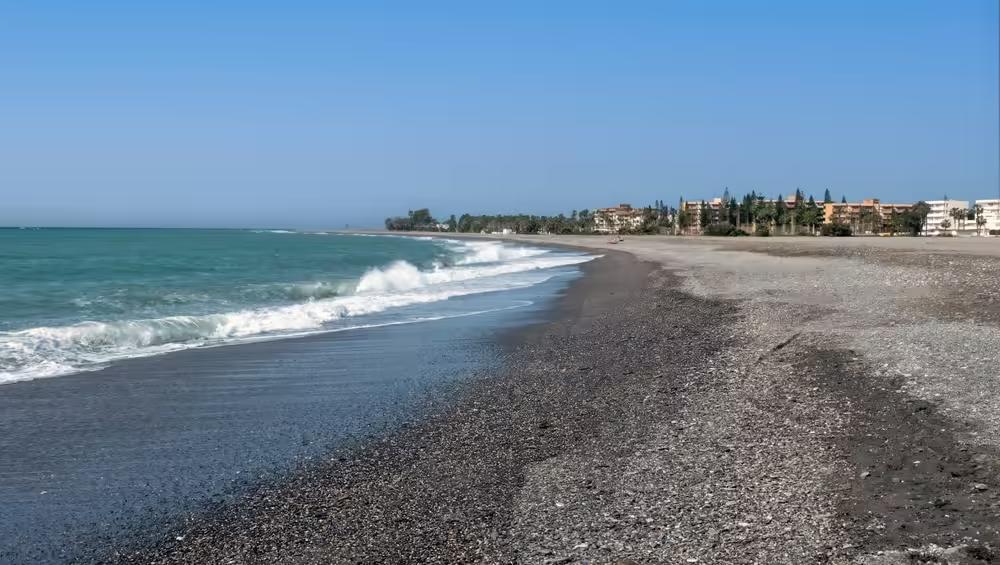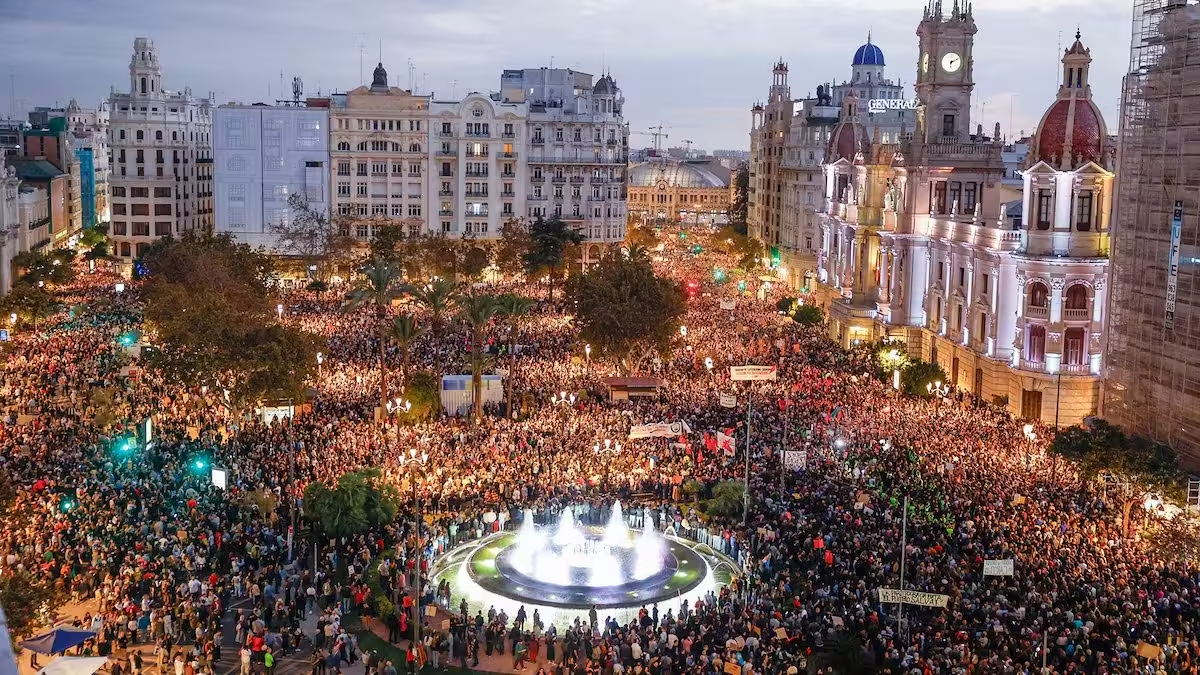From Compassion to Confrontation: How Public Response to Migrant Arrivals Is Changing
A video circulating online this week has stirred debate across Spain and beyond. It shows a boat of undocumented migrants arriving on a beach on the Granada coast, an increasingly common sight in recent years. But what shocked many viewers wasn’t the arrival itself. It was the reaction of beachgoers, who ran toward the group, tackling and detaining some of the men until the police arrived.
Just a few years ago, similar landings prompted very different scenes. People rushed forward not to stop the newcomers but to offer towels, bottles of water, and quiet words of comfort. In those moments, the instinct to help seemed to override everything else.
But times have changed.
A Shift in Attitudes
Spain, like many parts of Europe, has seen growing tension around irregular migration. Rising numbers of undocumented arrivals, ongoing economic pressures, and fears, founded or unfounded, about crime and social cohesion have contributed to a change in public sentiment.
Many of the men arriving on these boats are young and travelling alone, usually from North Africa, and often with no papers. For some locals, especially those in coastal communities who witness these landings regularly, concern has replaced compassion.
‘It’s not racism, it’s fear,’ one person commented under the video. ‘We don’t know who they are, and the government does nothing.’
Others, however, were appalled by the reaction. One user wrote: ‘They’ve just risked their lives at sea, and now this? What happened to basic human decency?’
Bañistas persiguen a migrantes que acaban de llegar a la costa de Castell de Ferro (Granada).”
— Ibon Perez (@IbonPerezTV) August 5, 2025
“Intentar detener por cuenta propia a una persona que ha sobrevivido a una travesía tan dura por mar demuestra hasta qué punto nos hemos deshumanizado.
pic.twitter.com/oZEf8k1Dka
Recent Unrest in Torre Pacheco
The debate around migration has been further inflamed by recent events in Torre Pacheco, a town in Murcia where tensions erupted last month following a violent assault on an elderly resident. Three young men of North African origin were arrested in connection with the attack, and while the motive remains unclear, the fallout has been significant.
What began as a peaceful protest in support of the victim quickly spiralled out of control. Far-right groups, many from outside the town, took advantage of the situation, using social media to mobilise and spread inflammatory messages. For three nights, groups of people roamed the streets of the San Antonio neighbourhood, where many migrant families live, attacking individuals, homes, and businesses. At least five people were injured. Police made multiple arrests, and regional leaders later described the events as ‘racially motivated violence.’
Community leaders, religious figures, and local residents have since called for calm, warning that one criminal act should not be used to justify violence against an entire community.
Understanding the Change
There is no denying the complexity of the issue. Security, legal processes, and public services all have limits. The need to know who is entering a country is real, particularly in a world shaped by migration, terrorism fears, and fragile economies.
But the scenes on the beach in Granada and the unrest in Torre Pacheco raise deeper questions. When people stop offering help and start taking justice into their own hands, something fundamental has shifted.
Between Fear and Empathy
Some say it’s understandable. Local communities can feel abandoned, left to manage the impact of migration without clear support. Others argue that fear is being manipulated by extremist voices and online misinformation, turning individual cases into fuel for broader hate.
At the heart of this lies a very human dilemma: how do we balance concern for safety with compassion for those who have endured enormous hardship?
These are human beings, after all. People who boarded a boat, risking their lives to escape poverty, instability, or a lack of opportunity. And when they finally touched land, the first hands that reached out were not offering help, but force.
What Comes Next?
Spain must continue to find a path forward that balances control with humanity. This includes investing in fair, efficient systems for processing arrivals, supporting affected communities, and tackling the disinformation and fear that breed hostility. We must also address the root causes that force people to leave their homes in the first place.
The beach in Granada and the streets of Torre Pacheco are not just isolated incidents; they are reflections of where society may be heading. A crossroads. And how we respond, collectively and individually, says something not just about policy, but about who we are.
Main image: Shutterstock/LouieLea
Share this content:




1 comment